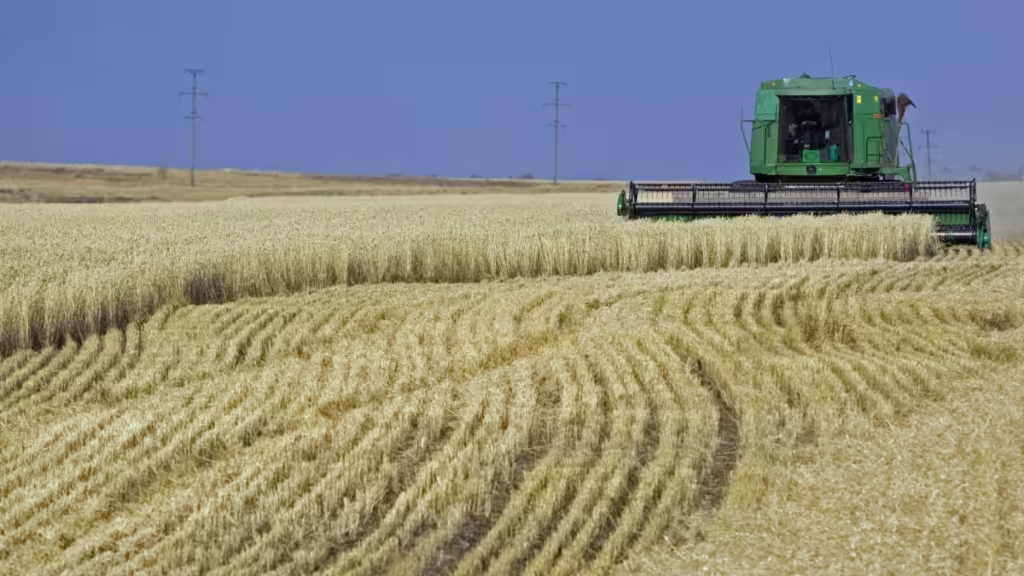Kazakhstan is bracing for economic turbulence in the latter half of 2024 as a projected surplus of wheat, the nation’s primary agricultural export, threatens to depress prices. Adding to the challenges, Kazakhstan has unexpectedly halted wheat exports to China, one of its largest markets, following abrupt tariff changes imposed by Beijing.
The Kazakh Ministry of Agriculture recently announced that more wheat was planted this spring than anticipated, which is expected to result in a substantial harvest and, consequently, lower market prices. Compounding this issue, the ministry also revealed the suspension of wheat exports to China due to what it described as “unilaterally changed import rules” by Chinese authorities.
“It will take time and effort for traders to resume trade with China,” the ministry stated, highlighting the uncertainty surrounding future exports.
The sudden shift in China’s tariff regime has left Kazakh officials and traders in a difficult position. According to reports from Eldala.kz, an agricultural news outlet, Chinese customs officials have completely banned wheat imports destined for processing plants in a special economic zone (SEZ) located in China’s Xinjiang Province, which borders Kazakhstan. This SEZ previously allowed Chinese companies to import wheat without incurring a 65 percent duty, a significant trade advantage that has now been revoked.
The changes appear to have caught Chinese traders in Xinjiang off guard, leading them to inform their Kazakh counterparts that they can no longer accept wheat shipments, even those already en route. This has created a ripple effect in Kazakhstan, where wheat prices are already plummeting due to the looming oversupply.
While wheat exports have been severely impacted, the new tariff measures reportedly do not affect other grain products such as barley, bran, and flax.
This export disruption comes just weeks after a high-profile meeting between Kazakh President Kassym-Jomart Tokayev and Chinese President Xi Jinping in Astana. During Xi’s visit, the Chinese leader lauded the strong ties between the two nations, referring to the relationship as “a unique, permanent, comprehensive strategic partnership.” President Tokayev also spoke optimistically about the future of agricultural cooperation with China, expressing gratitude to Xi Jinping for supporting initiatives aimed at boosting trade.
However, the unexpected tightening of tariffs by China has cast a shadow over these optimistic projections, leaving Kazakh farmers and traders scrambling to find alternative markets or solutions for their surplus wheat.
As Kazakhstan navigates these challenges, the agricultural sector faces a period of uncertainty, with potential economic repercussions that could extend well beyond the current harvest season.



